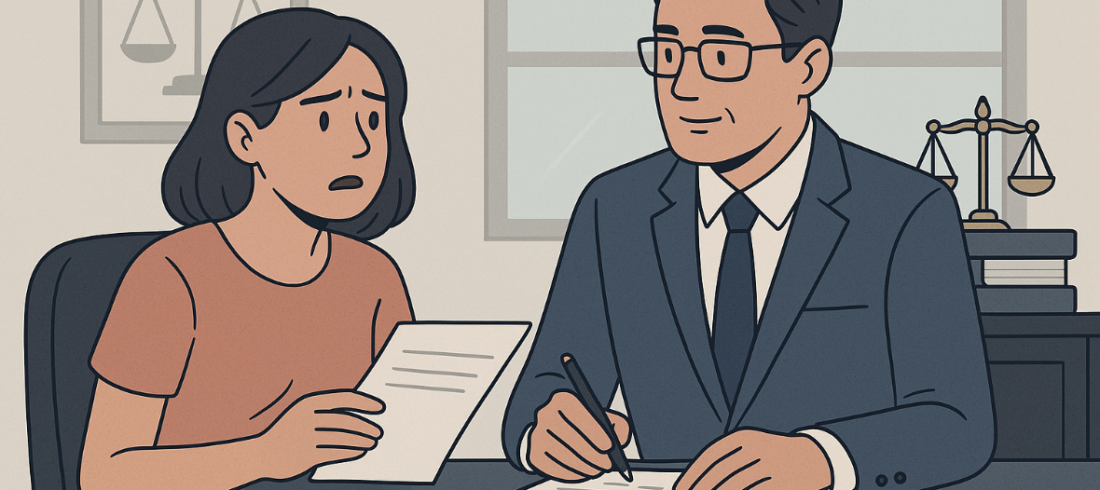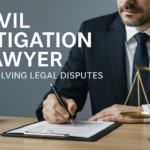Estate planning isn’t just for the wealthy or the elderly. Whether you own a home, have children, or want peace of mind about your future, having a plan in place ensures your assets are protected and your loved ones are taken care of. This guide will debunk common estate planning myths, walk through how to create a strong estate plan, and explain how the legal process works in Kelowna.
Common Myths About Wills & Estate Planning
Myth #1: “I don’t have enough assets to need an estate plan.”
Fact: Estate planning Kelowna residents can trust isn’t just for high-net-worth individuals. Anyone with a bank account, car, or dependents should have a plan to protect their family.
Myth #2: “A will is all I need for estate planning.”
Fact: A will is important, but estate planning also includes trusts, powers of attorney, and estate tax strategies.
Myth #3: “My family will automatically inherit my assets without a will.”
Fact: Without a will, BC’s intestacy laws dictate how your estate is divided—which may not align with your wishes.
Myth #4: “Estate planning is only for seniors.”
Fact: Life is unpredictable. Planning early ensures your family is protected if the unexpected happens.
Step-by-Step Guide: How to Create a Strong Estate Plan
Step 1: Take Inventory of Your Assets
List all real estate, savings, investments, pensions, and personal property. Identify who should receive what.
Step 2: Draft a Legally Sound Will
Your will outlines asset distribution and names an executor. Work with a lawyer to ensure it’s enforceable and clear.
Step 3: Consider Setting Up Trusts
Trusts help manage inheritance, reduce taxes, and protect assets. Common options include:
- Family trusts
- Spousal trusts
- Education trusts
Step 4: Plan for Estate Taxes & Legal Fees
Minimize tax liability through proper estate tax planning Kelowna families can rely on. This may include:
- Lifetime gifts
- Trust structuring
- Charitable contributions
Step 5: Assign a Power of Attorney
Choose someone to handle your financial and healthcare decisions if you’re unable to. Make sure documents are legally compliant.
Step 6: Review & Update Your Estate Plan Regularly
Life changes—your plan should too. Revisit your will and other documents after major events like marriage, divorce, or having children.
How Estate Planning Works in Kelowna
Key Legal Components of Estate Planning
- Wills: Define your wishes for asset distribution and guardianship.
- Trusts: Protect wealth, control timing of inheritance, and reduce probate costs.
- Power of Attorney: Legally appoint someone to act on your behalf.
What Happens If You Die Without an Estate Plan?
- The court uses BC’s intestacy rules to divide assets.
- No executor of your choice—you get a court-appointed administrator.
- Greater risk of family conflict and probate delays.
How an Elder Law Attorney Helps
An elder law attorney Kelowna seniors trust can:
- Create a custom estate plan based on your assets and goals
- Navigate complex tax issues and long-term care planning
- Guide families through probate and trust administration
Practical Tips / Next Steps
- Review your estate documents every 2–3 years.
- Use trusts to simplify inheritance and minimize taxes.
- Work with a lawyer to ensure compliance with BC law.
FAQs About Wills & Estate Planning
How can I reduce estate taxes for my heirs?
Use tools like trusts, gifting strategies, and charitable donations to limit your estate’s tax exposure.
Do I need a lawyer to write a will?
DIY kits exist, but a lawyer ensures your will is enforceable and tailored to your situation.
Why Choose Bryshun Mace
- Trusted lawyers for wills and estate planning Kelowna families rely on
- Strategic advice on estate tax planning and elder law
- Customized solutions for wills, trusts, and power of attorney documents
Explore our estate planning services in Kelowna. We also offer elder law legal guidance for seniors navigating long-term care and asset protection.
Planning your estate? Contact Bryshun Mace today for trusted legal guidance on wills, trusts, and estate tax planning in Kelowna.
Disclaimer:
This article is for informational purposes only and does not constitute legal advice. For personalized legal guidance, consult a qualified lawyer.





